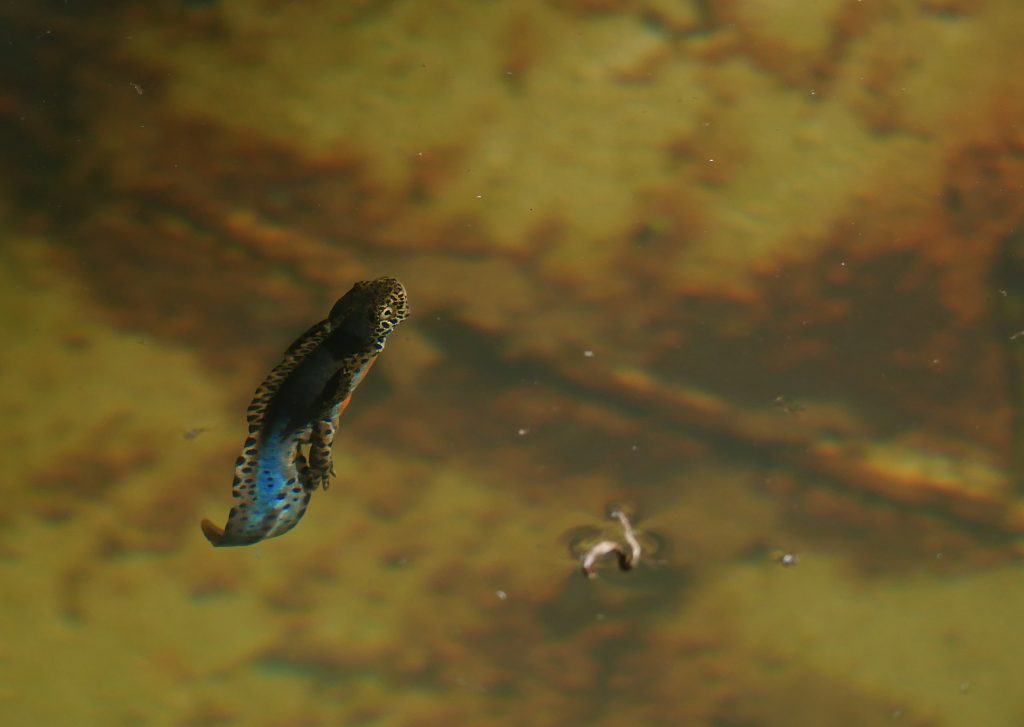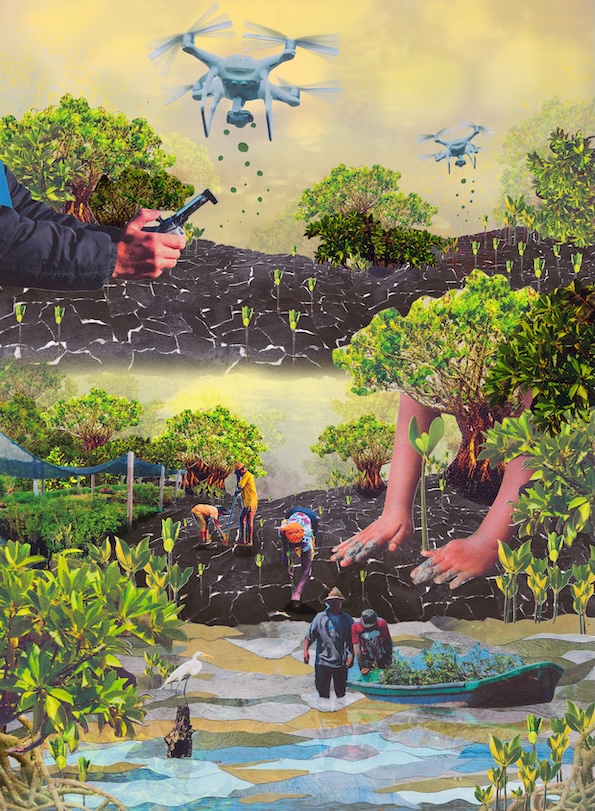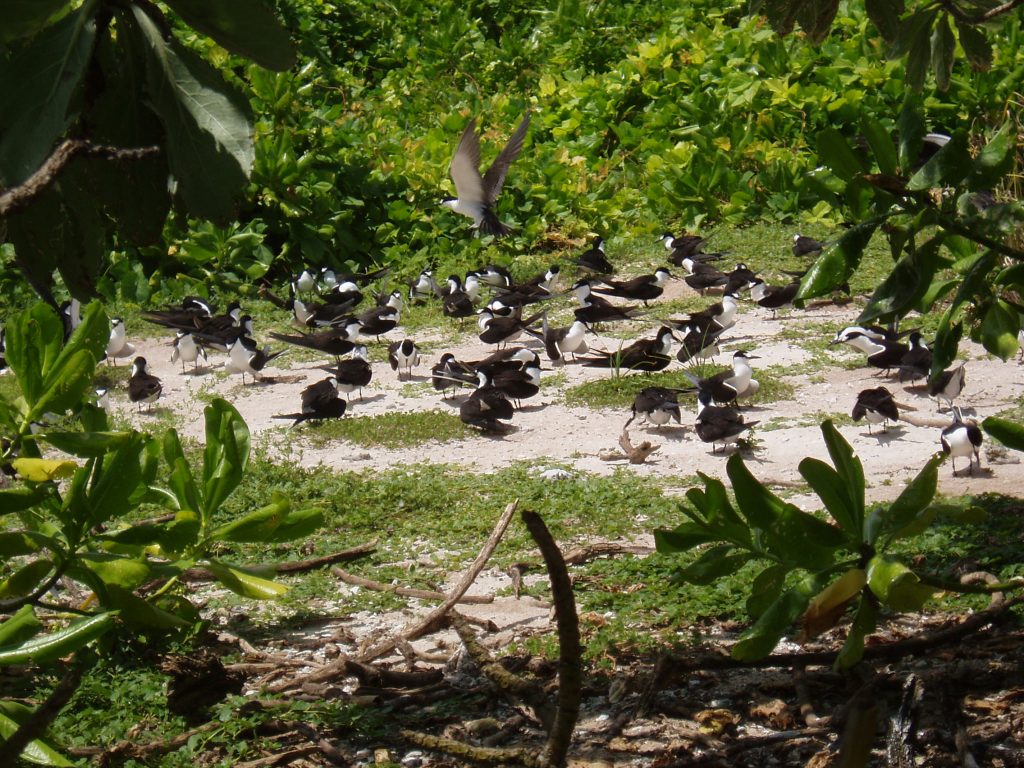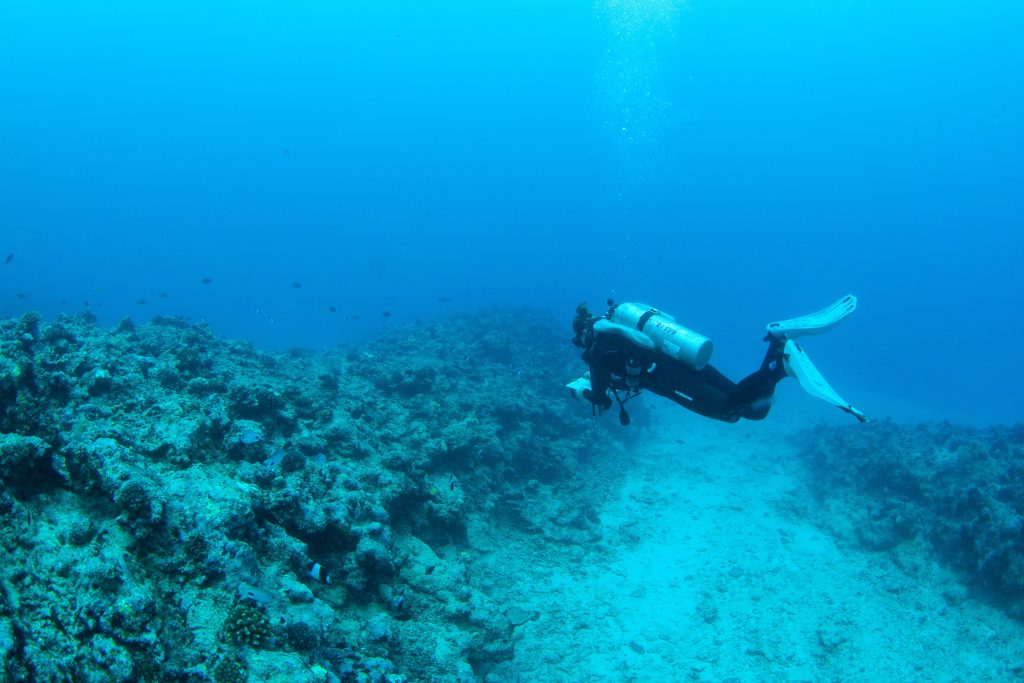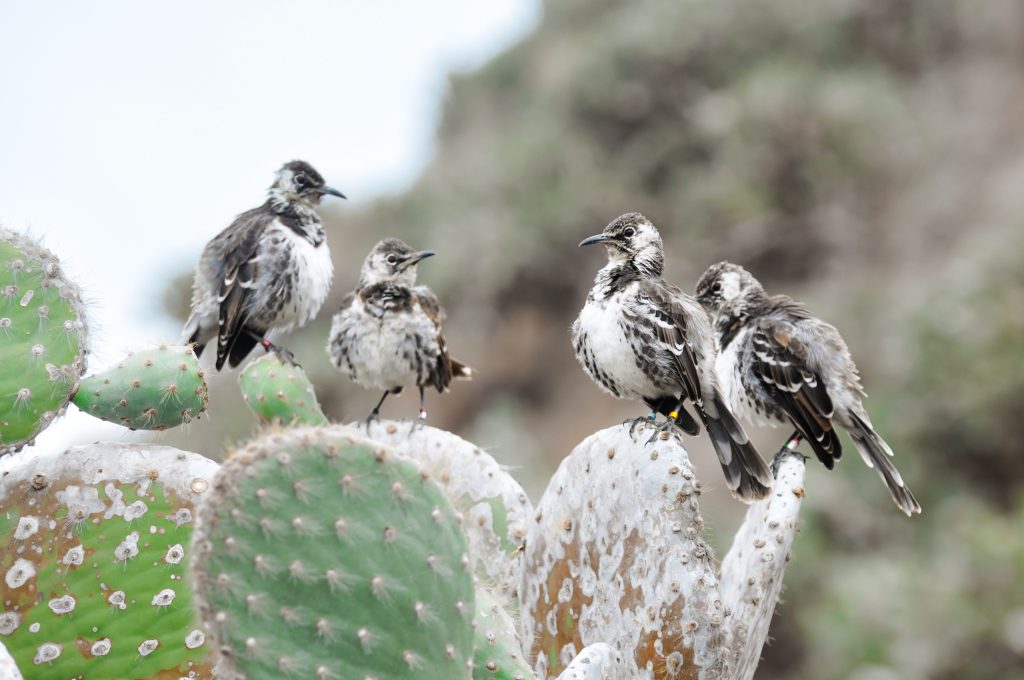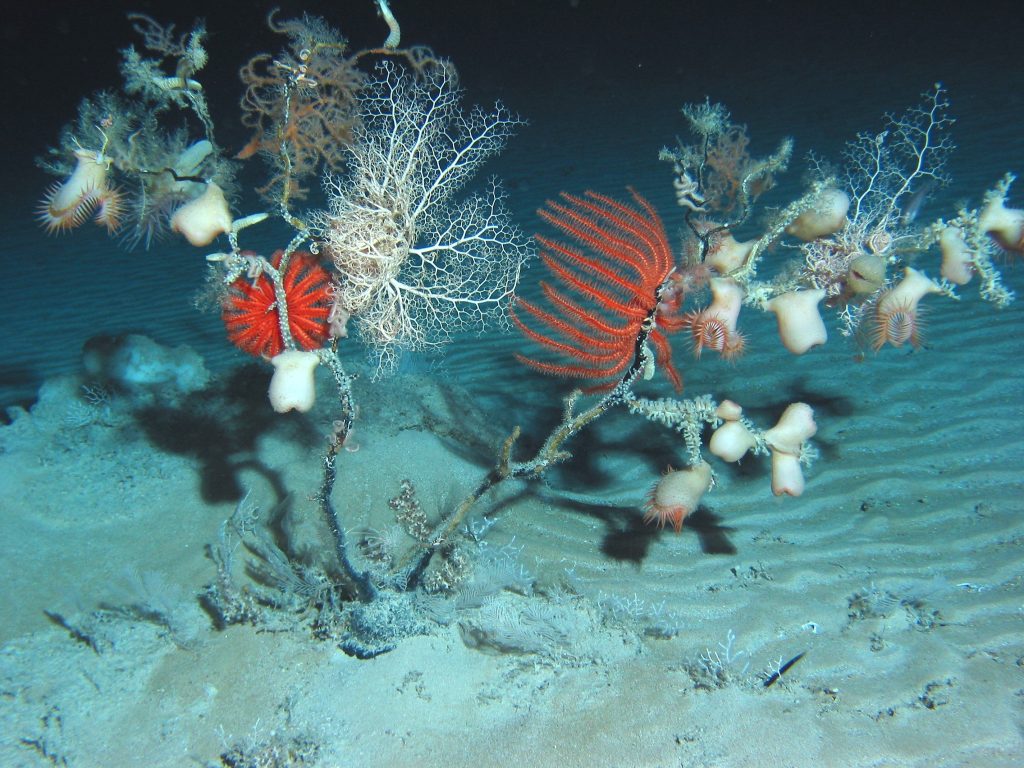Feature image: Spoon-billed sandpiper
Given biodiversity does not abide by borders between countries, conservation efforts have built an international system for cooperation across political jurisdictions all over the world. Such a system has been emerging since at least the early 1900s, and while it has not been sufficient to avert biodiversity loss, it has slowed it down. Along these lines, as conservationists and researchers, we are constantly following the negotiations of international agreements, such as COP15 at which the Kunming-Montreal Global Biodiversity Framework was approved. However, what if we stop for a second to think that international cooperation is fragile and sometimes can go backwards?
With a few exceptions, world politics has been in a general trajectory of increased cooperation since WWII, particularly with the end of the Cold War in the early 1990s. This process entailed the creation of the United Nations and other intergovernmental platforms that provided the mechanisms for the development of some important international biodiversity conservation agreements, such as the Convention on Migratory Species. Furthermore, the end of the Cold War meant that some ecosystems could finally be integrated across political borders, as in the case of the Arctic through the Arctic Council and its subsidiary biodiversity working group, known as Conservation of Arctic Flora and Fauna (CAFF).
More recently, however, the Russian invasion of Ukraine launched in 2022 has tripped conservation efforts underpinned by international cooperation, with global implications. First, because Russia harbours biodiversity with global significance, and second, because Russia plays a key role in the international system. For instance, Russia provides breeding areas for over 500 species of migratory birds, travelling from as far as South America, and holds the largest extension of forest of any country. As far as international cooperation goes, Russia is among the countries that has signed the most international environmental agreements. Hence, the war at Russian hands has affected conservation efforts by: (i) isolating Russia from the international system, (ii) halting and delaying cooperation, and (iii) changing policy priorities.

The isolation of Russia from the international system has already impacted conservation efforts within Russia, with spillover effects. For instance, the Arctic Council, which brings together the eight Arctic Countries and their indigenous peoples, stopped all activities and meetings soon after the war broke. Subsequently, the Council has planned to resume some activities with the exclusion of Russia. This decision has affected the Arctic Migratory Bird Initiative, a project under CAFF focussed on migratory bird conservation. Furthermore, the recovery efforts of the threatened spoon-billed sandpiper, which migrates between Russia and Southeast Asia, have been affected, as the ‘head start’ breeding program in the Arctic has been halted. This program relies on international assistance that has now been suspended due to Russia’s disconnection from the SWIFT interbank system, as well as due to travel restrictions impeding the mobility of collaborators from abroad.
As Russia plays a key role in some international cooperation processes, important conservation initiatives have been delayed and halted. The conservation of habitats for migratory birds in East Asia has recently advanced through the inscription of coastal wetlands under the World Heritage Convention. However, additional efforts to expand habitat protection under this convention in this very region have been delayed because of the war. Russia was the Chair of the committee that oversees the acceptance of new sites at the time of the invasion, which resulted in a boycott by other Convention parties, who refused to operate either in Russia or under Russia’s leadership. Moreover, the conservation of migratory animals is underpinned by detailed ecological knowledge of their movements, so that habitats can be secured. The ICARUS Initiative is a large partnership that has turbocharged our understanding of animal movements, but its reliance on Roscosmos, the Russian space agency, brought it to a halt as Roscosmos stopped data sharing soon after the invasion started.
The war has also given prevalence to policy issues that are more pressing for governments than biodiversity conservation, such as food security. For instance, in the wake of food shortages in global markets, to which the invasion of Ukraine has been a contributing factor, the European Union has considered rolling back biodiversity-friendly farming policy to increase yields.
The war, being first and foremost a human tragedy, is a rapidly changing situation with no end in sight. Decades of work in diplomacy for biodiversity conservation are now at a crossroads with a country that holds globally important biodiversity and has a key role in international cooperation. For now, conservationists should hold the fort by keeping momentum on the importance of international cooperation in the rest of the world, even as relationships with Russia erode, while hoping for a Ukraine that is at peace and free.
Further reading
Gallo-Cajiao, E., Dolšak, N., A. Prakash, T. Mundkur, P. G. Harris, R. B. Mitchell, N. Davidson et al. 2023. Implications of Russia’s invasion of Ukraine for the governance of biodiversity conservation. Frontiers in conservation science. DOI: 10.3389/fcosc.2023.989019.

